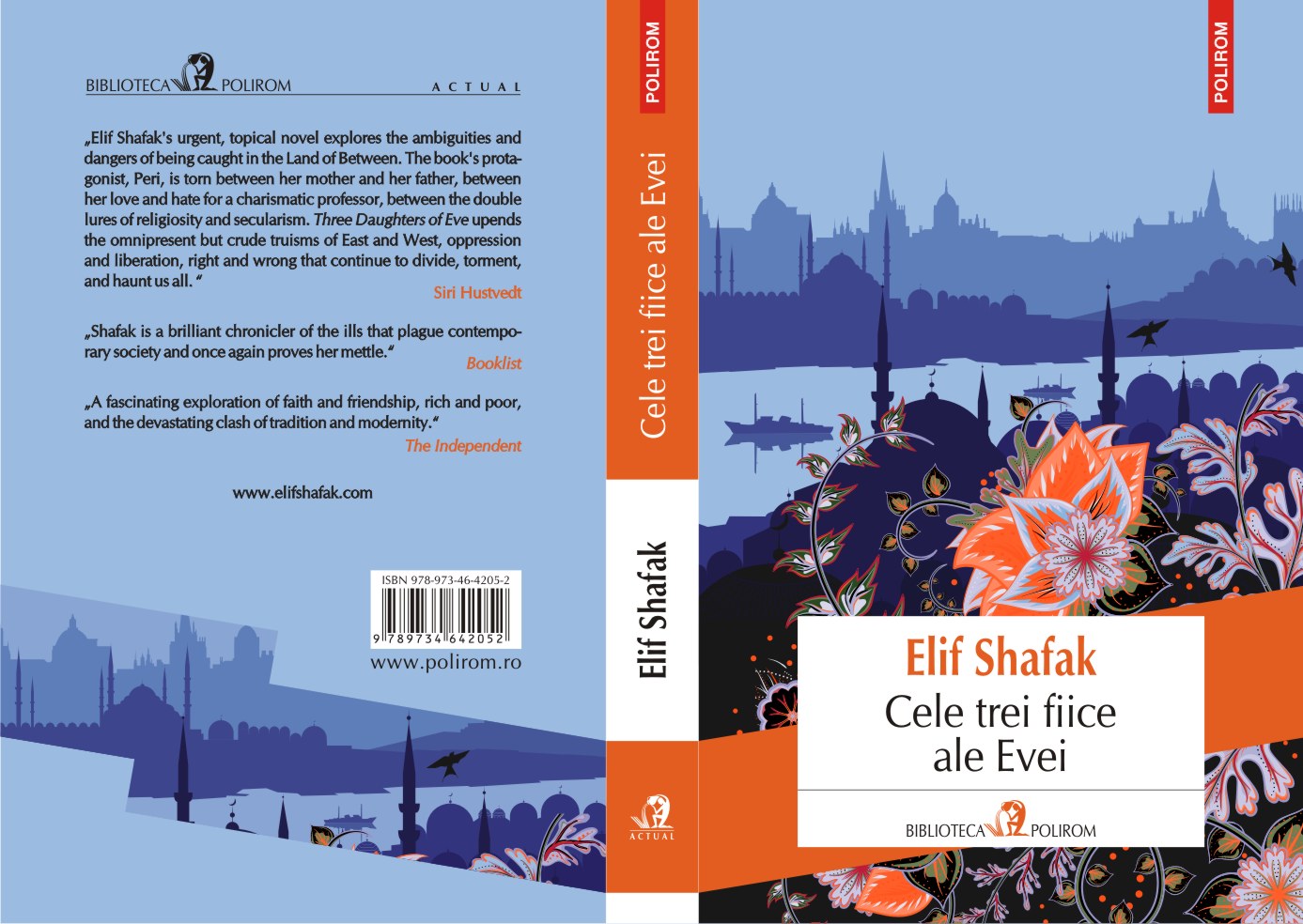

The expectation seems to be that a writer from each tribe must tell the story of that tribe. It is because of identity politics – we are, sadly, becoming more tribal. In your 2010 TED talk, The Politics of Fiction, you said critics sometimes typecast you, expecting you to write sad stories about Muslims. Yet greed is destroying Istanbul – everywhere you go, you see gentrification without planning or regard for the city’s history. If the city were a person, how would you describe Istanbul? This was the psychology I wanted to capture in my book. We have no memory, no time for analysis or even for grief. Something explodes in a kitchen in Istanbul and everyone throws themselves to the floor, thinking it might be a bomb.

I observed this at every level of Turkish society – subtle but strong. Fear is in the air, there is constant anxiety. When writing the novel, I took a close look at Turkish society and its psychology.

I was heartbroken, and horrified by hate speeches in which Islamist groups seemed to blame the victims for celebrating a Christian holiday. How did you feel when you heard the news? I was halfway through your chillingly prescient novel, which includes a terrorist incident, when the Istanbul bombing happened. Three Daughters of Eve is an intense, discursive and absorbing novel about three middle-eastern women, each studying at Oxford, with dramatically contrasting views. Elif Shafak is the most widely read female novelist in Turkey.


 0 kommentar(er)
0 kommentar(er)
